27
This is a collaborative post. All opinions are my own.
I have a friend who recently got into home staging, and I've been having fun talking to her about her business. It's got me thinking about how staging a home to sell is very different from decorating it to live in. Staging is not about your own personal style--it's allll about making your home appear cleaner, grander, more spacious, and more expensive. After all, the point of selling is to get the most value you possibly can, right? You've got to remove your ego and let go of your emotional attachment to your decor. Then think objectively and critically about how to make your home appeal to buyers.
A home staged by my friend, Affordable Home Staging in Spokane. If you're local, you should think about hiring her!
1. Consider first impressions
When you're living in a home, you're likely to focus on the interior, where you spend most of your time. But when you're selling, the exterior matters a LOT. If you don't pay attention to curb appeal, someone may never even step foot inside to see all the work you've done there. People develop their feelings about a house very quickly (positive or negative) so it's also important to give them a good impression when they first walk into the home. Pay attention to the entryway and the landing of the home. Make it inviting, so it gets people excited about exploring the rest of the home. My stager friend adds cute touches like a chalkboard that say "Welcome home," to connect with people's emotions and make them feel at home. Other things that are important: make sure you have plenty of natural light coming through the windows, don’t clutter the entryway, and put away your coats and shoes. To stage the entryway, leave a bowl where put your keys and some simple decor, so it looks welcoming, tidy, and spacious.
2. Depersonalize the house
It's important for buyers to be able to imagine themselves at home in your house. And it's hard for them to do that when you have a huge family portrait of yourselves above the fireplace, your clothes stuffed into every closet, and your kids artwork all over the fridge. You don't have to move every personal item out, but it's a good idea to remove any personal family photos (especially large ones) and replace them with art that has mass appeal. It's also a good idea to thin out your wardrobe and only leave a few of your best outfits, so it looks like there's plenty of closet space. You can put the extra bins of clothes in the trunk of your car, just for the time being. As for your kids stuff, if it's a house that would likely appeal to families, there's nothing wrong with leaving out some toys and kids books that can help the buyers imagine their own kids enjoying the space--but again, be selective about what you leave out. If you're tempted to conduct your own viewing, don't be a weirdo and follow potential buyers around. Give them space to judge each room and discuss them with each other, and don't hover around interjecting your comments. It's even better if you can vacate the house altogether and have a third party like a realtor hold your open house and viewings.
3. Be scents-itive.
If you have ever been gone to an open house or viewing, you know how off-putting it can be when the home doesn’t smell very good. That subconsciously means the home isn’t very cared for and replacing things like the carpet and curtains will probably be necessary. So before you put the house on the market, open all the windows and doors to clear out the house's smells and get fresh air circulating. Put away visible signs of pets, which can be off-putting to some buyers (and can carry animal smells that you've gotten used to). Some people are sensitive to strong scents, so things like plug-in diffusers are not necessarily a good idea. Scent is very personal, and what might smell good to you, may smell terrible to someone else. Rather than a fake perfume-y scent, it's better to go for a real, universally appealing smell like freshly baked cookies or lemon. A great fresh smell throughout the home will be more inviting to the viewers and will improve the chances of them spending more time in the home.
4. Fix up any obvious annoyances
If you've lived in a house for awhile, you probably have a list of minor things that you've been meaning to get around to: fill in those nail holes, fix that creaking floorboard, tighten that loose doorknob, touch up that chipped paint. We get used to all these little things when we're living in a house, and we stop noticing them--but to someone who's new to your house, they might be alarming and a sign of poor maintenance, or worse, a structural issue. If you want a thorough list from an objective third party, you could order a home inspection before you put your house on the market. Or have your realtor or a friend come through with a fresh set of eyes, and tell them to be super critical and point out anything that might put buyers off (just don't get offended if they give you a long list! Remember, selling means removing your personal attachment to the house...it's all about the money.).
5. Update the decor
It's important for your house to look on-trend, clean, and up-to-date. Often, you'll get the most benefit by simply removing things like chunky, outdated pieces of furniture, a gallery wall of personal photos, or sentimental figurines that don't match today's style. Clearing things out takes a lot of time, but will pay off greatly in the home's selling price. If you don't want to spend money on updating your sofas and art, consider hiring a stager. They will have furniture they can bring in that's chic, stylish, and the correct size to make your home feel spacious. They'll also go the next step and add decor pieces to make your house feel welcoming and homey...things like magazines on the side tables, a cute coffee station in the kitchen, fluffy towels in the bathroom, and flowers in the dining room. All these things will help home buyers picture themselves living their best life, and give them a good feeling about your house.

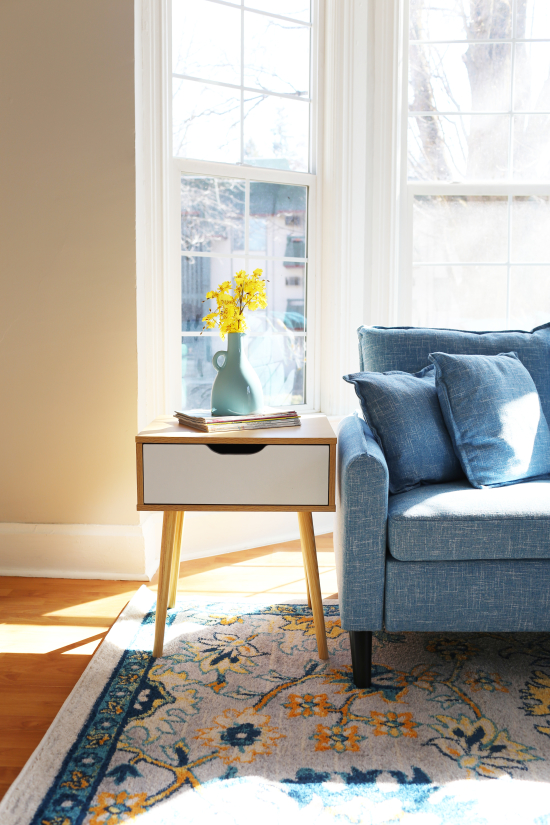

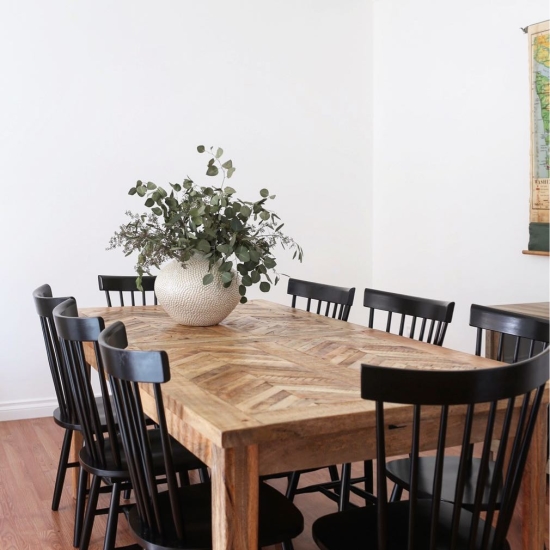
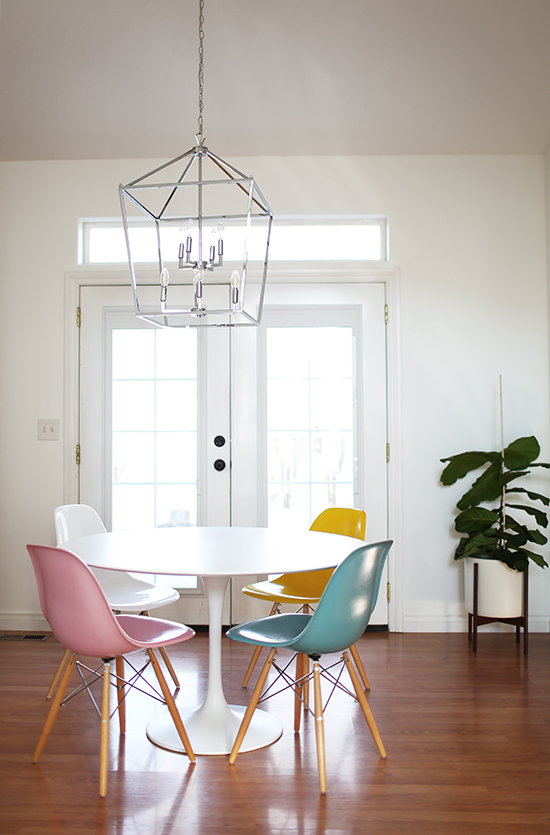
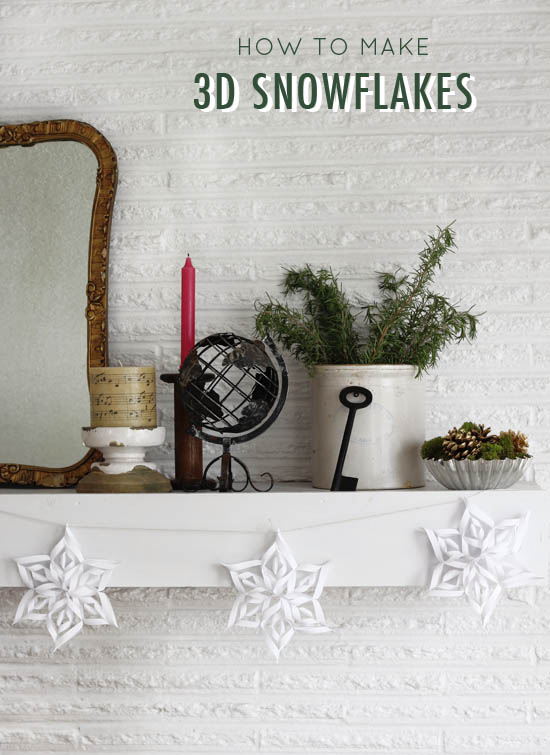
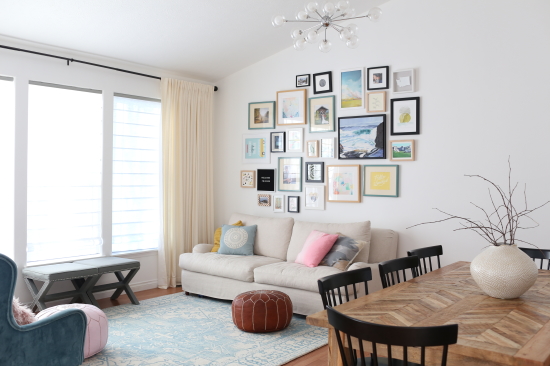
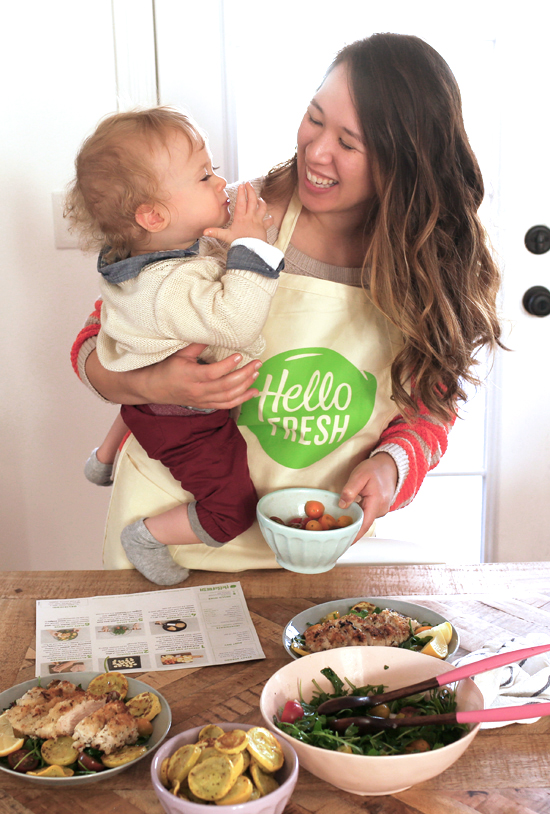

I wanted to thank you for this advice for getting buyers to look at your home. I'm glad that you mentioned you should try to only put your best outfits in your closet so you can show off closet space. This sounds really important especially if buyers want to know how much storage space is available in a home.